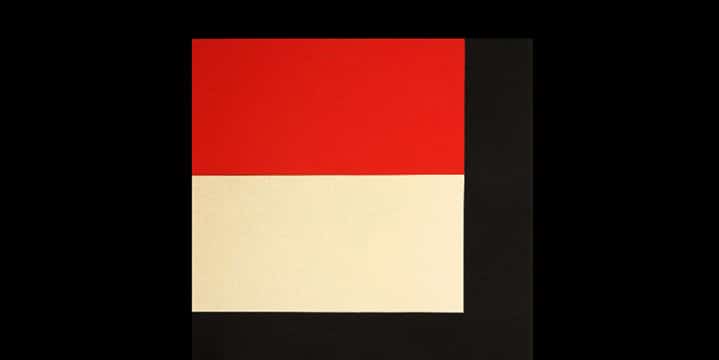
Order, Disorder, Reorder: Part One
From Innocence to Knowledge
Tuesday, August 11, 2020
Many Christians look to the Garden of Eden as the ultimate example of Order. While we can certainly mourn the suffering, it doesn’t do us any good to regret “the Fall.” It had to happen; failure is part of the deal! If Christ is the Logos, the blueprint for all creation, then God has always had our growth and salvation in mind. In this passage, theologian and mystic Rev. Howard Thurman (1900–1981) explores the creative tension that exists between innocence and knowledge, each honoring the other.
The setting is the Garden of Eden. Adam and Eve are the central figures in an idyllic surrounding. All is peaceful. All is innocent. They are told by God that they are free to do anything except one thing. They are forbidden to eat the fruit of the tree of knowledge which grows in the midst of the garden [Genesis 2:16–17]. For if they eat of the fruit they shall be driven from the garden and from that day forward they shall be responsible for their own lives. They eat of the fruit; they are driven out of the garden; they become responsible for their own lives. With the coming of knowledge, they have lost their innocence.
The transition from innocence to knowledge is always perilous and fraught with hazard. There is something very comforting and reassuring about innocence. To dwell in innocence is to inhabit a region where storms do not come and where all the breezes are gentle and balmy. It is to live in the calm of the eye of the hurricane. It is to live in a static environment which makes upon the individual no demands other than to be. All else is cared for; is guaranteed.
But when knowledge comes, the whole world is turned upside down. The meaning of things begins to emerge. And more importantly, the relations between things are seen for the first time. Questions are asked and answers are sought. A strange restlessness comes over the spirit and the enormity of error moves over the horizon like a vast shadow. Struggle emerges as the way of life. An appetite is awakened that can never be satisfied. A person becomes conscious of himself; the urge to know, to understand, to find answers, turns inward. Every estimate of others becomes a question of self-estimate, every judgment upon life becomes a self-judgment. The question of the meaning of one’s self becomes one with the meaning of life.
This process of moving from innocence to knowledge is never finished. Always there is the realm of innocence, always there is some area of innocence untouched by knowledge. The more profound the growth of knowledge, the more aware the individual becomes of the dimensions of innocence. Pride in knowledge is always tempered by the dominion of innocence.
Thurman offers here a wonderful description of the first stage of Order and a poetic, accurate account of early forays into Disorder. Surely moving between these two polarities is part of the Divine Dance.
Reference:
Howard Thurman, The Inward Journey (Friends United Press: 2007, ©1961), 16–17.

